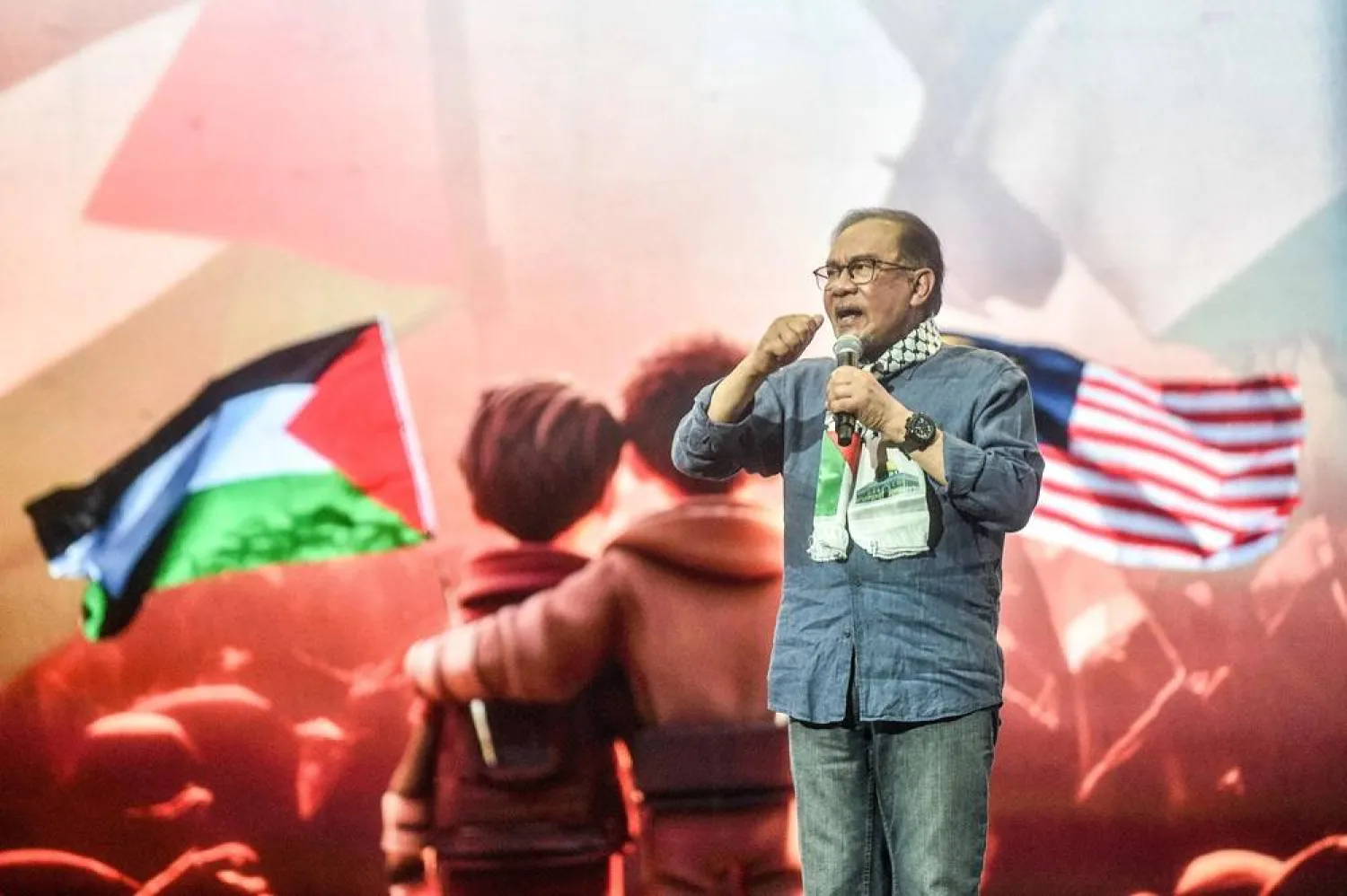The Vatican will not participate in US President Donald Trump's so-called "Board of Peace" initiative, Cardinal Pietro Parolin, the Vatican's top diplomatic official, said on Tuesday while adding that efforts to handle crisis situations should be managed by the United Nations.
Pope Leo, the first US pope and a critic of some of Trump's policies, was invited to join the board in January.
Under Trump's Gaza plan that led to a fragile ceasefire in October, the board was meant to supervise Gaza's temporary governance. Trump thereafter said the board, with him as chair, would be expanded to tackle global conflicts.
The board will hold its first meeting in Washington on Thursday to discuss Gaza's reconstruction.
Italy and the European Union have said their representatives plan to attend as observers as they have not joined the board.
The Holy See "will not participate in the Board of Peace because of its particular nature, which is evidently not that of other States," Parolin said.
"One concern," he said, "is that at the international level it should above all be the UN that manages these crisis situations. This is one of the points on which we have insisted."
The Gaza truce has been repeatedly violated with hundreds of Palestinians and four Israeli soldiers reported killed since it began in October.
Israel's assault on Gaza has killed over 72,000, caused a hunger crisis and internally displaced Gaza's entire population.
Multiple rights experts, scholars and a UN inquiry say it amounts to genocide. Israel calls its actions self-defense after Hamas-led fighters killed 1,200 people and took over 250 hostages in a late 2023 attack.
Leo has repeatedly decried conditions in Gaza. The pope, leader of the world's 1.4 billion Catholics, rarely joins international boards. The Vatican has an extensive diplomatic service and is a permanent observer at the United Nations.









